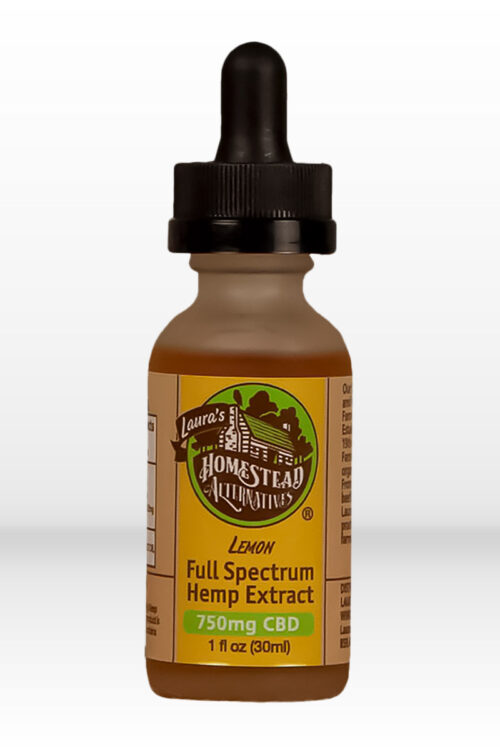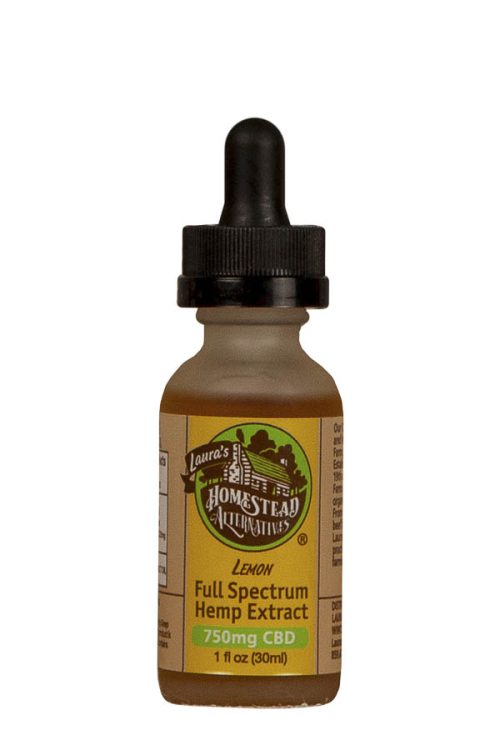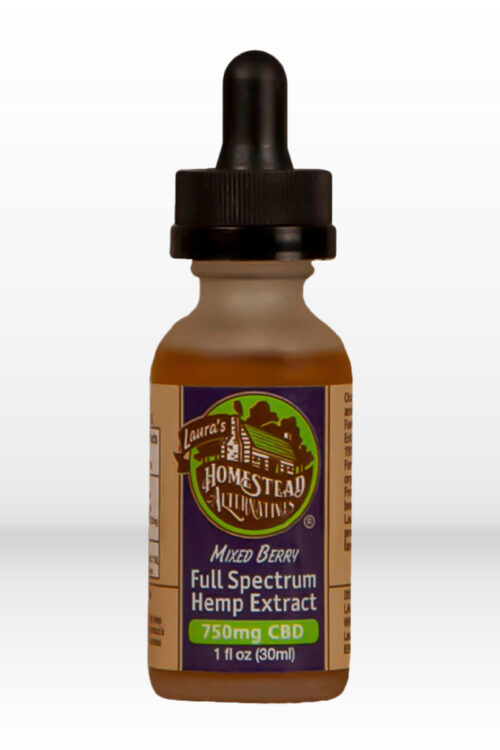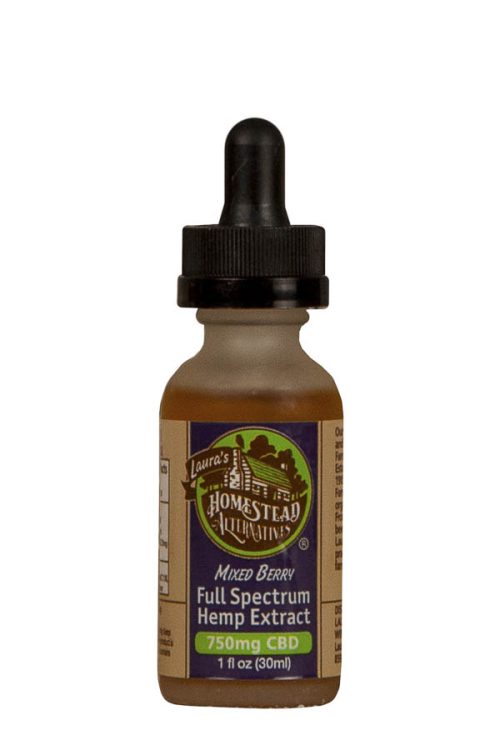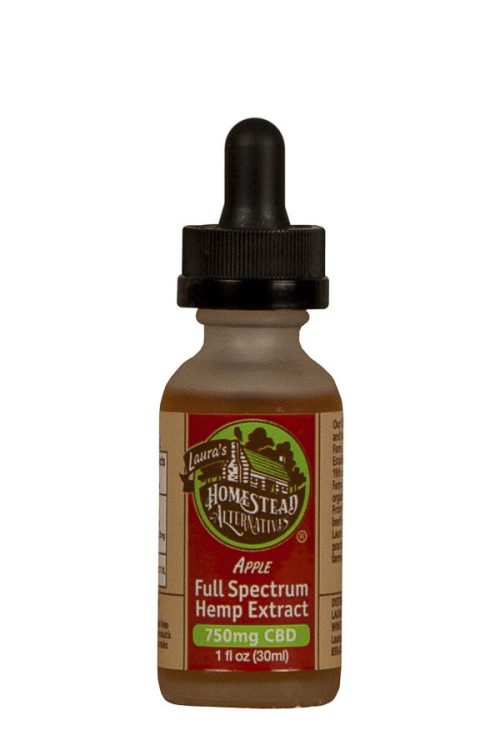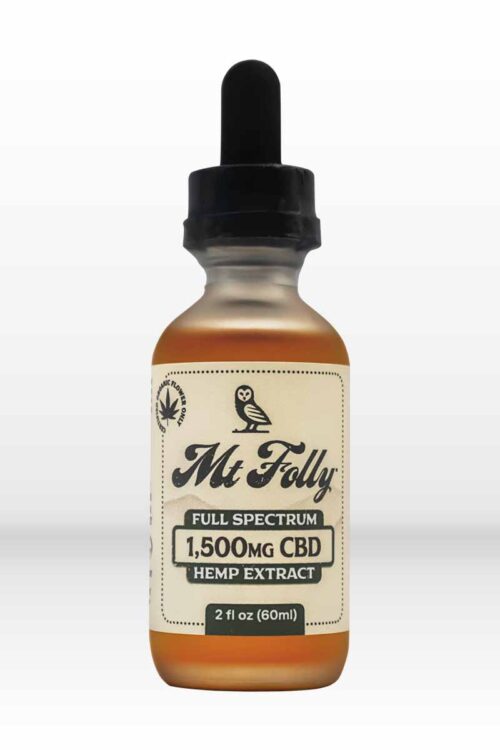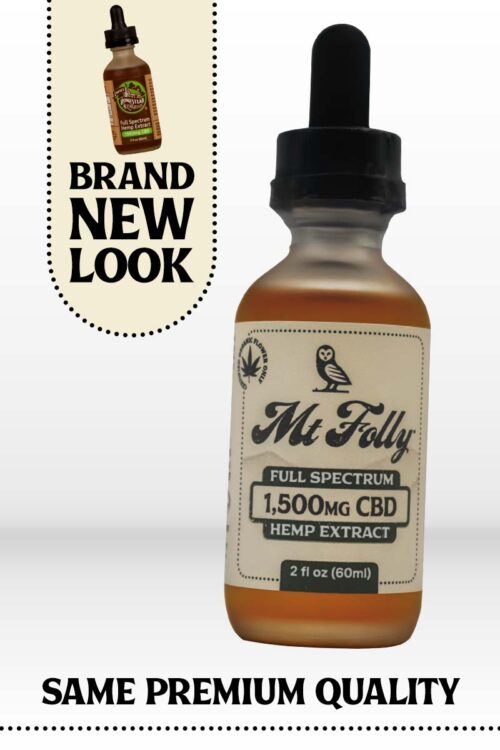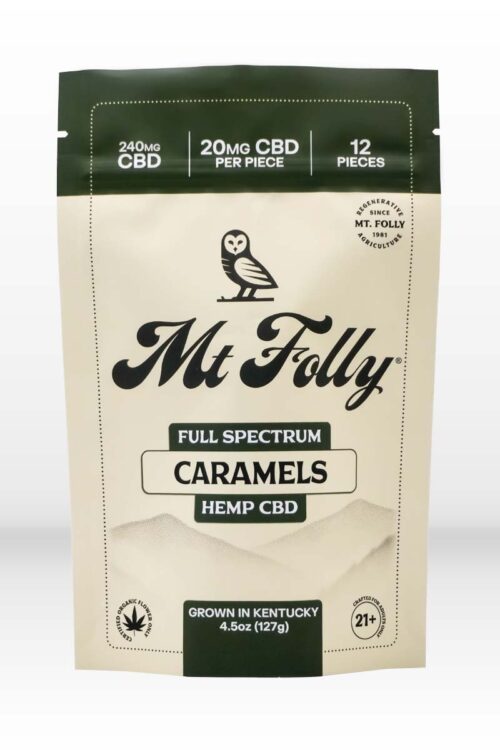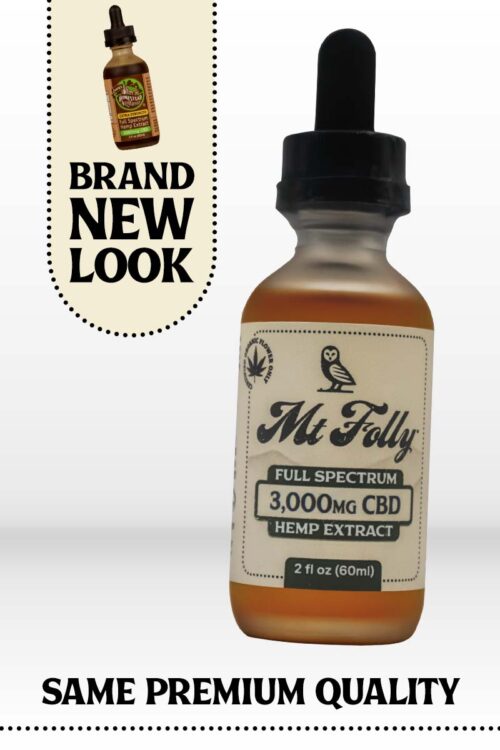What is CBDA? While many people have heard of CBD, the most abundant cannabinoid found in the hemp plant, fewer have heard of the less-studied cannabinoids such as CBDA (cannabidiolic acid).
What is a Cannabinoid?
The term cannabinoid is defined as “any of various naturally-occurring, biologically active, chemical constituents of hemp or cannabis.” Cannabinoids do not have to come from within us to affect our endocannabinoid system.
Because their molecular makeup is similar to that of endocannabinoids, cannabinoids originating outside our bodies can interact with our endocannabinoid systems, altering activity and delivering therapeutic benefits. CBDA is one of more than 100 different cannabinoids that can be extracted from the hemp plant.
Other common cannabinoids include CBC, CBCA, CBDV, CBDVA, CBG, CBGA, CBN, CBNA, Delta 8-THC, Delta 9-THC, THCA-A, THCV and THCVA.
CBD vs. CBDA
CBDA is the acidic precursor of CBD. This means that CBDA can be turned into CBD through a process called decarboxylation.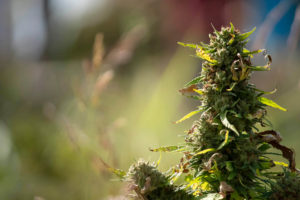
Decarboxylation is the process of heating the hemp plant matter to activate the compounds that are naturally found in the plant. Cannabinoid acids are considered inactive until they are decarboxylated because their molecular structure will change. Each of the cannabinoid acids have a carboxyl ring attached to them. This ring is broken down through the decarboxylation process to create an active cannabinoid.
Possible Therapeutic Benefits of CBDA
Research into CBDA (cannabidiolic acid) is still in its early stages, but initial findings suggest that it may offer a range of therapeutic benefits. Unlike other cannabinoids, CBDA doesn’t directly interact with the endocannabinoid system (ECS). Instead, it influences the ECS by inhibiting the cyclooxygenase-2 (COX-2) enzyme, which plays a key role in inflammation. Additionally, CBDA has been found to interact with the serotonin system, a network of neurotransmitters that facilitates communication between brain and nervous system cells.
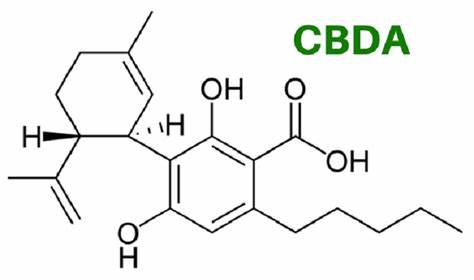
Earlier this year, a new study conducted by Oregon State University researchers suggested CBDA and CBGA could be a new method of coronavirus prevention.
“These cannabinoid acids are abundant in hemp and in many hemp extracts,” Richard van Breemen, a researcher with Oregon State’s Global Hemp Innovation Center, College of Pharmacy and Linus Pauling Institute, explained. “They are not controlled substances like THC, the psychoactive ingredient in marijuana, and have a good safety profile in humans. And our research showed the hemp compounds were equally effective against variants of SARS-CoV-2, including variant B.1.1.7, which was first detected in the United Kingdom, and variant B.1.351, first detected in South Africa.”
““These variants are well known for evading antibodies against early lineage SARS-CoV-2, which is obviously concerning given that current vaccination strategies rely on the early lineage spike protein as an antigen,” he added. “Our data show CBDA and CBGA are effective against the two variants we looked at, and we hope that trend will extend to other existing and future variants.”
Is there CBDA in LHA Products?
Yes. Laura’s Homestead Alternatives products contain CBDA. All of our products are full spectrum. What does this mean exactly?
Full spectrum CBD is derived from hemp and contains many cannabinoids beyond CBD, including CBDA, along with other elements of the hemp plant, including naturally occurring terpenes, essential vitamins, fatty acids, protein, and more. You might sometimes find full spectrum CBD called whole-plant CBD extract for this reason.
The major benefit of full spectrum CBD oil is the positive effect when all the compounds work in unison. Full spectrum CBD also contains vitamins, essential fats, and protein. Vitamins A, C, E, and B are found in abundance in CBD, along with up to 20 amino acids and essential fatty acids, like Omega 3 and Omega 6.


